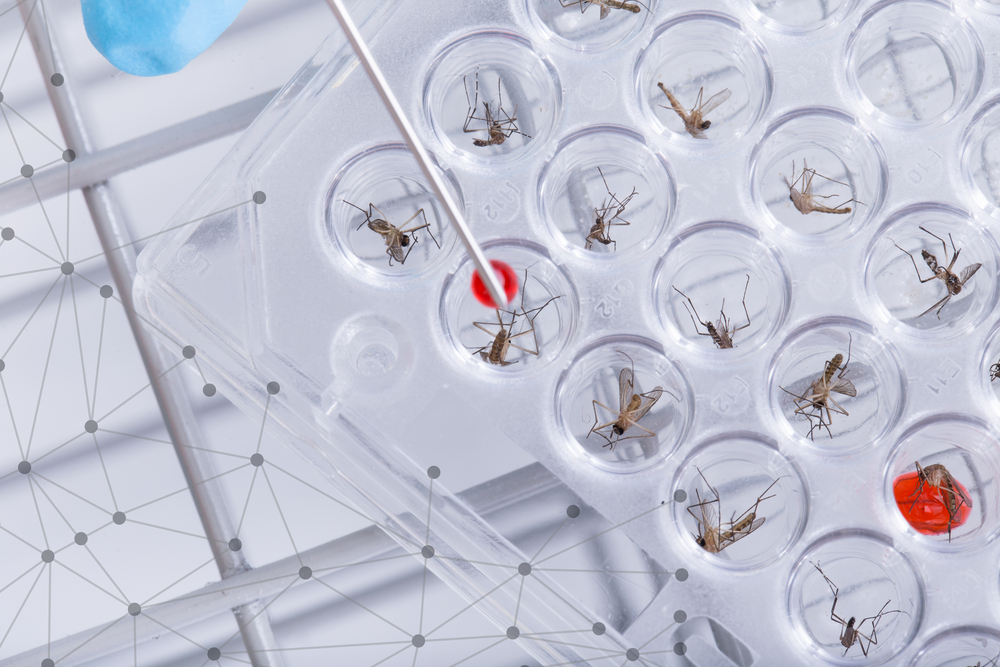
The Defense Advanced Research Projects Agency (DARPA) recently selected the University of California – San Diego (UCSD) to be part of a research team on a project aimed at curbing the spread of infectious diseases like Zika virus and dengue fever.
UCSD’s selection by DARPA now entitles it to a $14.9 million award to assist in research-related efforts.
Through a technique known as gene drive, the research teams will focus their efforts on spreading desirable genes and suppress harmful ones throughout wild mosquito populations that are known to spread deadly infectious diseases.
Gene drives have received increased attention after the recent discovery of the CRISPR/Cas-9 gene-editing technique, which enables scientists to edit parts of the genome by altering sections of the DNA sequence.
In addition, UCSD Professor Ethan Bier and research scientist Valentino Gantz, collaborators on the new DARPA project, recently partnered to create a gene drive technology known as Active Genetics, which helps control the transmission of genetic traits.
“Mosquito species that spread dengue fever and Zika have recently crossed into California,” Bier said. “As the viruses these mosquitoes carry are poised to invade California it is essential to consider all possible strategies to combat these devastating diseases.”
UCSD researchers will now work to control a complementary group of mosquitoes of the Aedes genus, which are the most common species of mosquitoes that spread Zika, dengue, and yellow fever throughout the state of California.
“The gene-drive systems that we have developed at UC San Diego in collaboration with Professor Anthony James at UC Irvine provide a potentially game-changing technology that may eventually contribute to the goal of keeping California safe from these impending health threats,” Bier said.
A social component, led by UCSD Assistant Professor of Medicine Cinnamon Bloss, will also be launched to assess and clarify public concerns regarding gene drives in the United States.
“Our goal is to revolutionize and modernize the way we control the mosquito,” Omar Akbari, a professor at UC-Riverside who is also working on the project, said. “If we succeed with our plan we will be a lot further along in reducing the threat mosquitoes pose to human health.”
Dengue fever, Zika virus, West Nile virus, yellow fever and chikungunya are all part of the flavivirus family of viruses and are a leading cause of illness in tropical and subtropical climates throughout the world. In 2016 alone, more than 700 million people worldwide were infected with malaria or dengue fever, resulting in more than 400,000 deaths.

